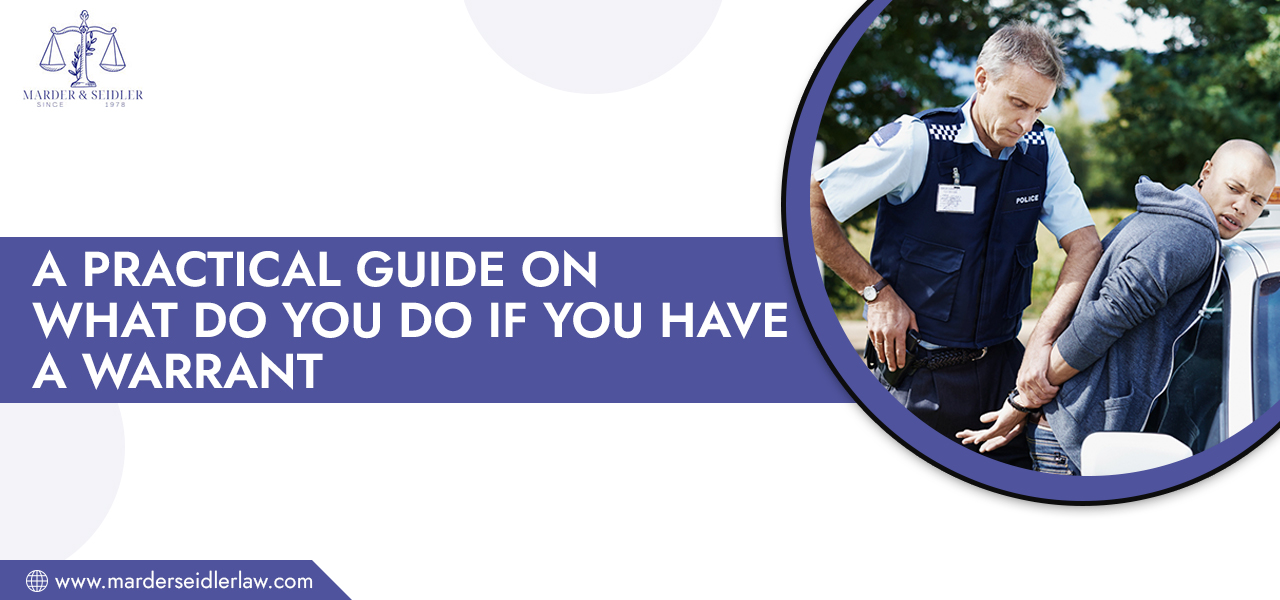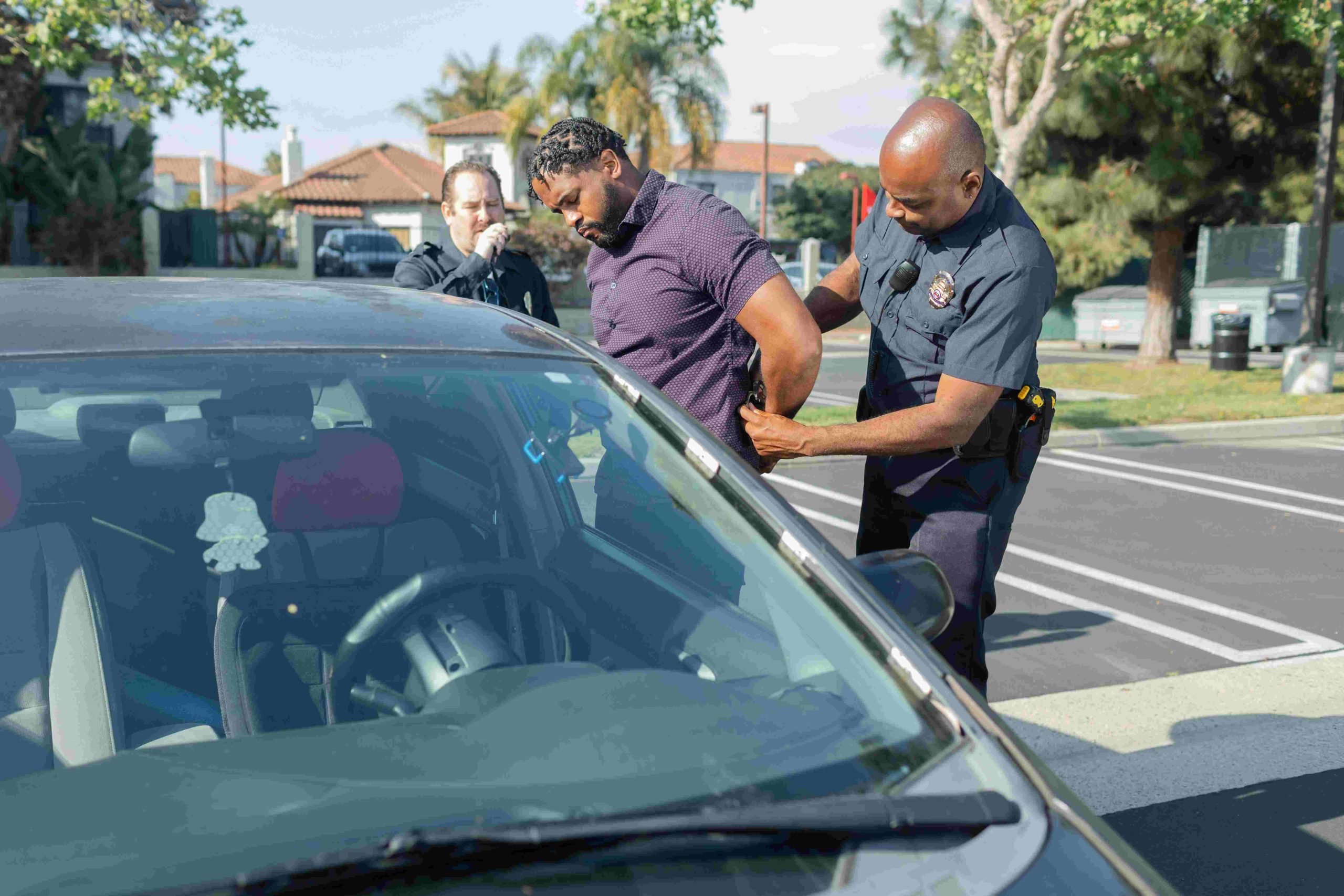A Practical Guide on What Do You Do if You Have a Warrant

Discovering that there’s a warrant out for your arrest can be a chaotic, confusing experience causing stress to only yourself about your loved ones too. Whether it’s related to a missed court date, unpaid fines, or something more serious, it’s crucial to handle the situation wisely and swiftly. But what do you do if you have a warrant? The key is to remain calm, understand your rights, and take proactive steps to resolve the issue.
In this blog, we’ll cover everything you need to know about arrest warrants, how to find out if you have one, and the best course of action if you do.
What is an Arrest Warrant?
Before diving into action mode thinking what to do if I have a warrant, it’s essential to understand what it means. An arrest warrant as per definition is a legal document issued by a judge or magistrate that authorizes law enforcement to arrest an individual. Warrants can be issued for various reasons, such as:
1. Failure to appear in court
If you were scheduled to appear in court for a traffic violation, misdemeanor, or felony case and missed the appearance, the judge could issue a bench warrant.
2. Failure to pay fines
If you have unpaid fines, especially those related to legal matters like speeding tickets, a warrant may be issued.
3. Criminal charges
If there is probable cause to believe you’ve committed a crime, law enforcement can request an arrest warrant.
Warrants remain active until you address them, so it’s crucial to take action as soon as you know about them.
How Do You Find Out if You Have a Warrant?

The first step to dealing with a warrant is to determine if one actually exists. Here’s how you can check:
1. Contact the Local Courthouse
Courthouses maintain records of arrest warrants, particularly if they’re related to missed court dates or local legal matters. You can call or visit the courthouse clerk to inquire about any warrants in your name. They’ll likely need your full name and date of birth to search their system.
2. Check Online Public Records
Many states and counties provide online databases where you can search for arrest warrants. Websites for local sheriff’s offices or departments of public safety often have a “warrant search” section. Just be sure to use an official site, as third-party websites may not always have accurate or up-to-date information.
3. Call a Criminal Defense Lawyer
A criminal defense attorney can access more specific legal databases as well as records. They can also help you understand the nature of the warrant and the best way to address it. Consulting an attorney is often the safest route, especially if the warrant is for something more serious than a traffic violation.
4. Contact the Police Department
While this option can feel intimidating, you can call your local police department’s non-emergency number to inquire about a possible warrant. If you plan to handle the warrant immediately, this can be an efficient way to find out what you’re dealing with.

What Do You Do if You Have a Warrant?
Now that you’ve confirmed there’s a warrant for your arrest, what do you do if you have a warrant? This guide can be a ready reckoner on how to handle the situation:
1. Consult with a Lawyer
The first and most important step is to consult with our Schaumburg attorney. Whether your warrant is for a minor traffic violation or a serious felony, having legal representation is crucial to ensure your rights are protected. A criminal defense lawyer can:
– Help you understand the reason for the warrant.
– Suggest and guide on the best course of action.
– Potentially arrange a voluntary surrender to law enforcement, which can improve your situation and possibly reduce penalties.
2. Do Not Ignore the Warrant
Ignoring a warrant won’t make it go away. In fact, it will only make matters worse. Law enforcement could arrest you at any time—whether at work, at home, or during a routine traffic stop. The longer a warrant goes unaddressed, the higher the likelihood of facing harsher penalties, including fines or additional charges.
3. Arrange a Voluntary Surrender
In many cases, voluntarily turning yourself in can help reduce the consequences of the warrant. Surrendering on your own terms shows the court that you are taking responsibility and not trying to evade the law. Your lawyer can help arrange a surrender in a way that is least disruptive to your life. For example, they may schedule a surrender on a day when you can immediately post bail as well as avoid spending a long time in custody.
When surrendering, make sure you have a plan for posting bail (if eligible) as well as arranging for transportation. In some cases, your lawyer may also be able to negotiate bail in advance, making the process smoother.
4. Understand the Bail Process
If the warrant is for an arrestable offense, you may need to post bail to secure your release. Bail is a monetary amount set by the court to ensure you’ll return for your court dates. If you’re unable to pay the full bail amount, you can work with a bail bondsman to post a percentage of the bail.
Keep in mind that failing to appear in court after posting bail can result in a new warrant as well as the forfeiture of your bail money.
5. Attend All Court Dates
Once you’ve handled the initial warrant, make sure to attend all subsequent court appearances. Skipping a court date will almost certainly result in another warrant being issued, which could lead to additional charges. If you have any issues making it to a scheduled court date, inform your lawyer immediately, as they may be able to request a rescheduling.
6. Comply with Court Orders
After your court appearances, follow all court orders closely. This might include paying fines, attending court-mandated classes, or completing community service. Failing to comply with these orders can result in another warrant being issued which will later restart the entire process. It is important to stay proactive as well as work with your attorney. This will ensure that all your conditions are met.
Conclusion
Dealing with a warrant is undeniably stressful, but having the right support from criminal lawyers at Marder & Seidler can make all the difference in minimizing its impact. The key takeaway is to stay calm and take action immediately. The best course of action involves consulting with a lawyer, addressing the warrant promptly, as well as complying with all court orders moving forward. The sooner you address the situation, the sooner you can move forward with your life.
If you ever find yourself wondering, “ What do you do if you have a warrant ” remember you need to dial 847-985-6767 to get yourself the support you deserve.
